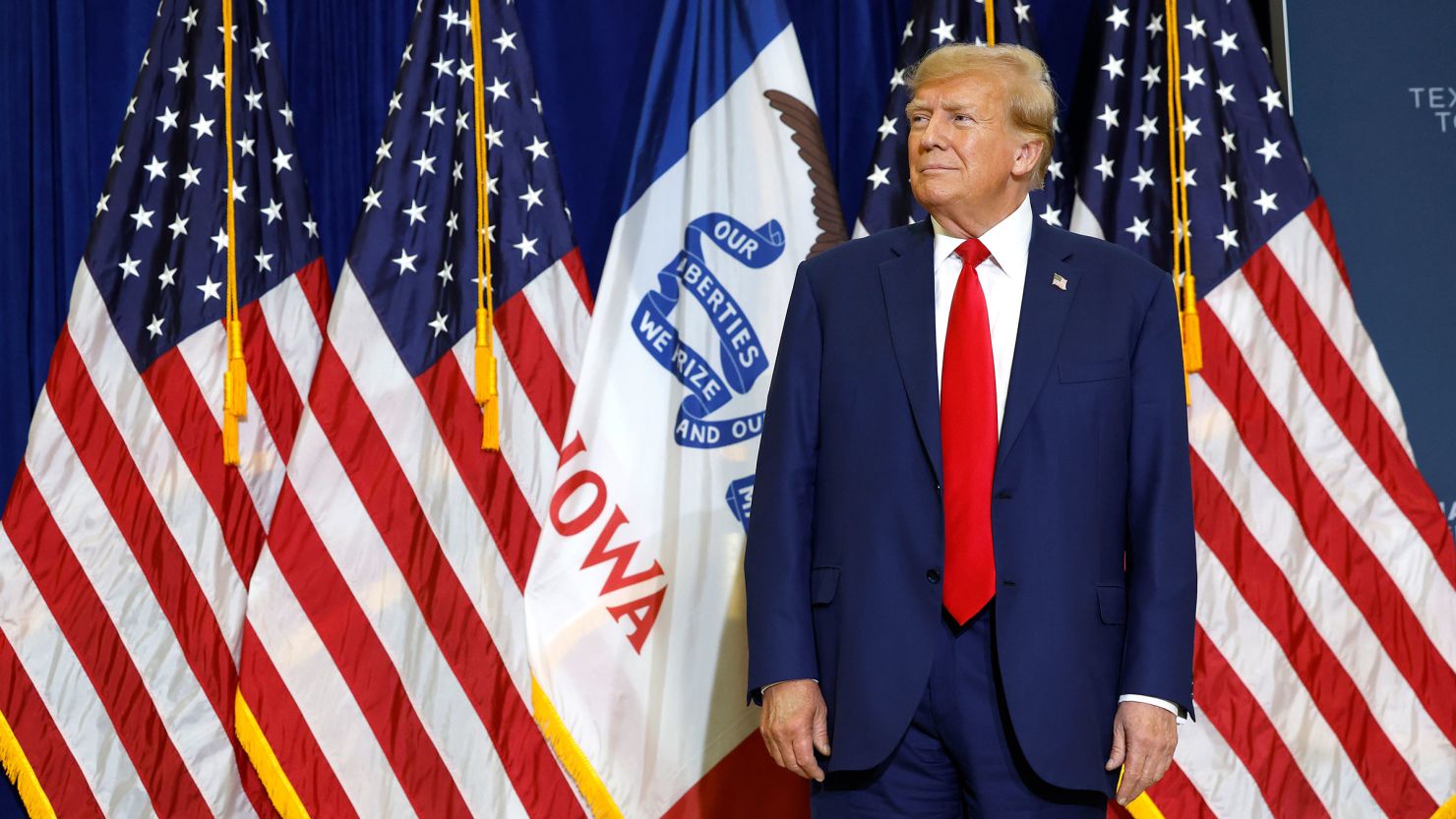The United States, like India, is preparing for its next elections, which are scheduled for the latter half of the year, and former President Donald Trump’s resounding victory in the first Republican presidential contest of the year accelerated that process on Tuesday. Despite facing numerous criminal charges, Trump won the Iowa caucus and asserted his control of the party.
“THANK YOU IOWA, I LOVE YOU ALL!!!” Trump wrote on his social media platform, Truth Social, as he surged ahead with 51% of the votes. Ron DeSantis came in second with 21% of the vote, followed by Nikki Haley at 19%.
Winning the Iowa caucus has cemented Trump’s image as a popular candidate among Republican voters. Caucuses play a significant role in the election of the US President. Here’s what a caucus is and why they’re important.
What Is A Caucus?
The US Election Assistance Commission defines a caucus as “a closed meeting of a group of persons belonging to the same political party or faction, usually to select candidates or to decide on policy.”
Unlike in India, where candidates for prime minister are largely determined by party deliberations and top brass decisions, in the United States, primaries and caucuses are held to kick off the process of nominating a presidential candidate.
Primaries are state-sponsored mini-elections in which party members can vote at any time during the day, or sometimes by mail. Caucuses, on the other hand, are planned by the party and must be attended in person.
Caucuses, which are mostly held in traditionally Republican states, feature speeches from campaign representatives for each potential candidate. Voting occurs at the precinct, district, and state levels, in locations such as schools, churches, and community centers.
After caucus-goers cast their votes, the results are tallied within hours, determining which candidate will be represented by how many delegates at the party’s national convention this summer.
The candidate with the most delegates is the presidential nominee at the convention; however, if there is no clear winner at the caucus level, the delegates vote again at the convention.
Why Is The Iowa Caucus Crucial?
Iowa has traditionally been a Republican-dominated state, and this unique voting event has marked the start of presidential primaries since 1972.
Though the Iowa caucus does not serve as a predictor of who will be the Republican nominee, it is important in providing leverage to the momentum they can gain for the outcome.
“The results in Iowa send a signal to the rest of the country on the tenor of each of the candidates and whether they truly have a chance of proceeding,” Jim McCormick, emeritus professor at Iowa State University, was quoted as saying by The Ultimate News.
While the Iowa caucus serves as a litmus test, gauging support for the candidates, it is not an absolute yardstick for predicting the outcome of the convention or the presidential race.
Republican leaders Mike Huckabee, Ron Paul, and Ted Cruz won the caucuses in 2008, 2012, and 2016, respectively, but none became the nominee. In those years, the Republican Party’s presidential candidates were John McCain, Mitt Romney, and Donald Trump.

